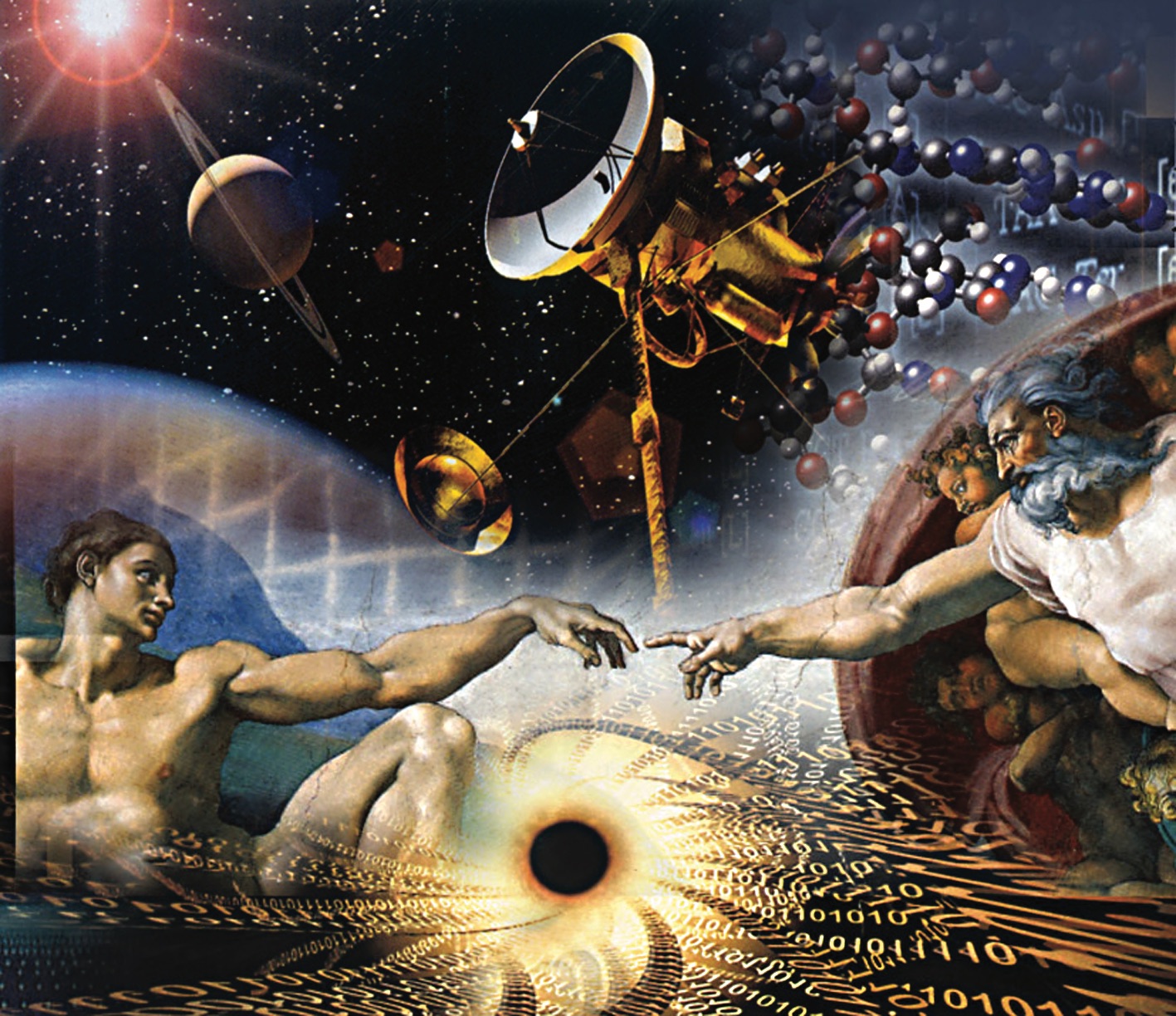
On October 19, the Permanent Observer Mission of the Holy See to the UN gave an intervention before the Fourth Committee of the 70th Session of the General Assembly of the United Nations on Agenda Item 53, concerning “Cooperation in the peaceful uses of outer space.”
Holy See on the UN’s “Code of Conduct for Outer Space Activities”
Statement of Archbishop Bernardito Auza, Apostolic Nuncio, Permanent Observer of the Holy See to the United Nations
Mr. Chair,
As this is the first time my delegation intervenes before this Committee during the current session, I would like to take the opportunity to congratulate you and your bureau on your election and to assure you of my delegation’s support and best wishes.
The Earth, the common home of the whole human family, is entrusted to us to be, as the Bible says, “cultivated” and made “fruitful,” with the responsibility to take care of it.
Gazing into the skies and marvelling at the quantity and variety of celestial bodies, we see that our planet is just a small part of the universe, whose vastness and awesome wonders invite reflection and humility on our part. The harmony of celestial bodies and their relationship with the Earth condition the rhythm of our life and even our daily activities.
Pope Francis entitled his recent Encyclical Letter on the care of our common home Laudato Si’, an expression taken from the first words of Saint Francis of Assisi’s “Canticle of the Sun,” also known as “The Canticle of the Creatures,” in which he sings praise not only of the gift of the Earth but the whole of creation. In one passage of the Canticle, Francis wrote:
“Be praised, my Lord, through all Your creatures, especially through my lord Brother Sun, who brings the day; and You give light through him. And he is beautiful and radiant in all his splendor! Of You, Most High, he bears the likeness. Be praised, my Lord, through Sister Moon and the stars; in the heavens You have made them bright, precious and beautiful.”
This space beyond Earth, of which Saint Francis gratefully sings, is also our common home, our common good, a gift for the enjoyment of the whole of humanity. It is, therefore, of utmost importance that the opening of outer space for scientific and peaceful research be for the benefit of us all.
Satellites render useful services both in our daily activities and in the long-term protection and care of our planet. They monitor land, sea and atmospheric conditions, giving us, in real time, the good news of fine weather or warning us of an impending hurricane, thus helping to save lives and properties. They monitor indicators of climactic changes and gather data for a wide range of applications to improve life on Earth. They provide global positioning services so that we don’t get lost in the labyrinthine streets of New York or become disoriented by the endless dunes in the midst of the Sahara. Satellite data gathering is fundamental to timely responses to humanitarian crises and effective disaster management.
Given their universal usefulness, these services that outer space technology provides must be made accessible, as much as possible, to all countries and peoples. My delegation is well aware of the existing obstacles to allowing universal access to the beneficial uses of outer space, such as the need for returns on investment in the huge capital costs of explorations, as well as questions related to patents and intellectual property rights for inventions and discoveries.
However, in a time when outer space has become a huge economic asset and hosts information and communications technologies potentially beneficial to all without exception, States must work together to ensure that these benefits do not become yet another cause of increasing economic and social inequalities. They need to become a shared resource for the common good and contribute to sustainable development of the entire global community.
My delegation is concerned that outer space technology, designed to improve our lives and care for the planet, could be manipulated or attacked to cause chaos or even catastrophic disasters that, until now, we behold luckily only in movies. Any hostile action against satellite systems could severely affect emergency rescue services, such as police, ambulances, fire brigades and others that heavily depend on satellite navigation. My delegation hopes that the development of an International Code of Conduct for Outer Space Activities will ensure a fairer and safer use of outer space.
Thank you, Mr. Chair.


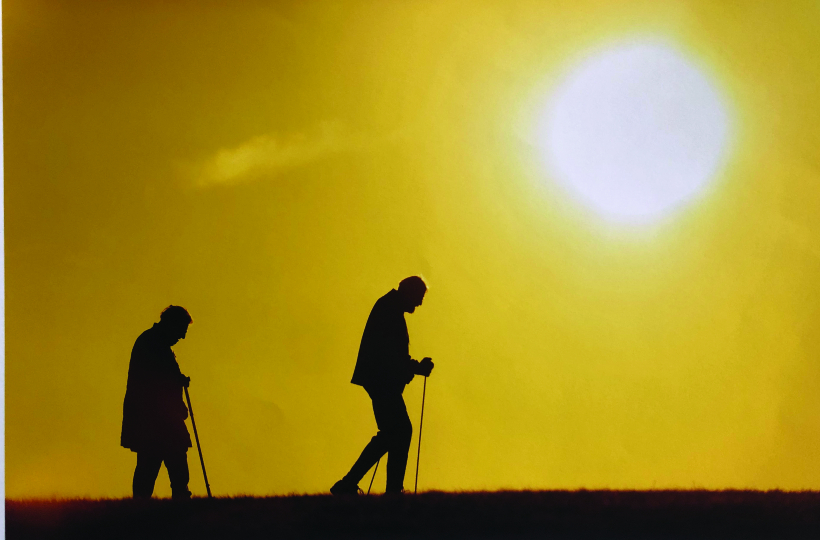
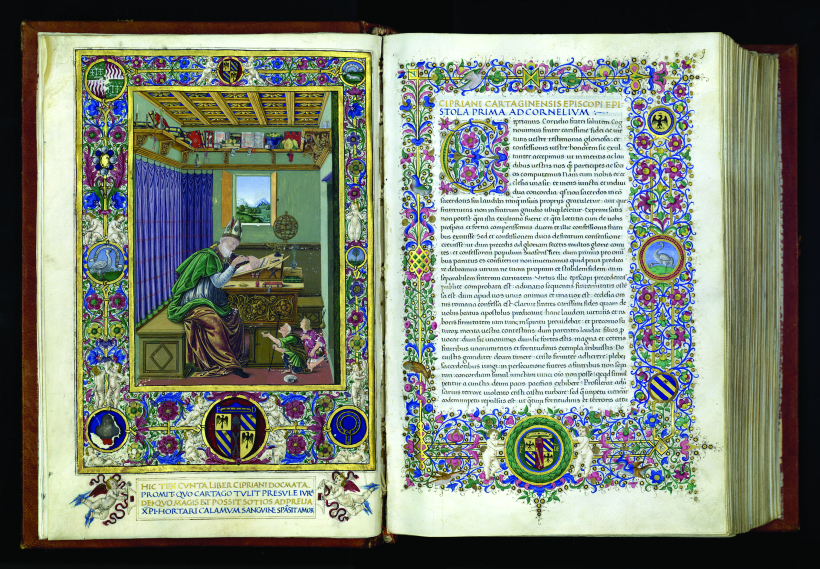
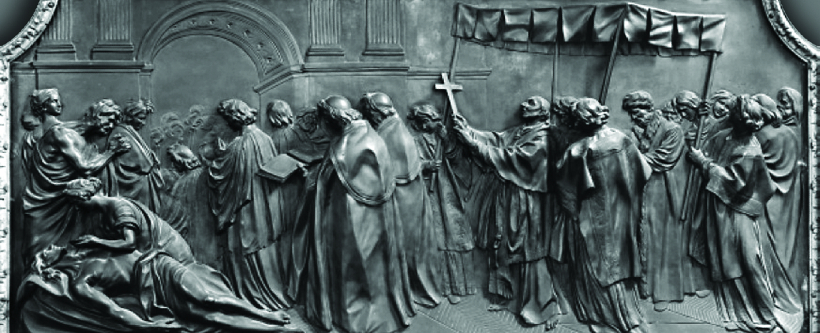
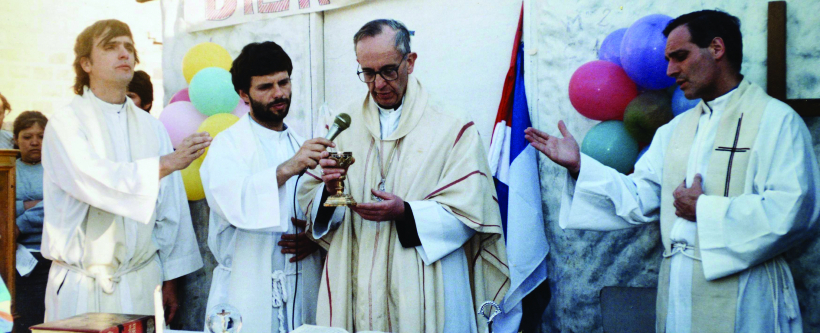
Facebook Comments